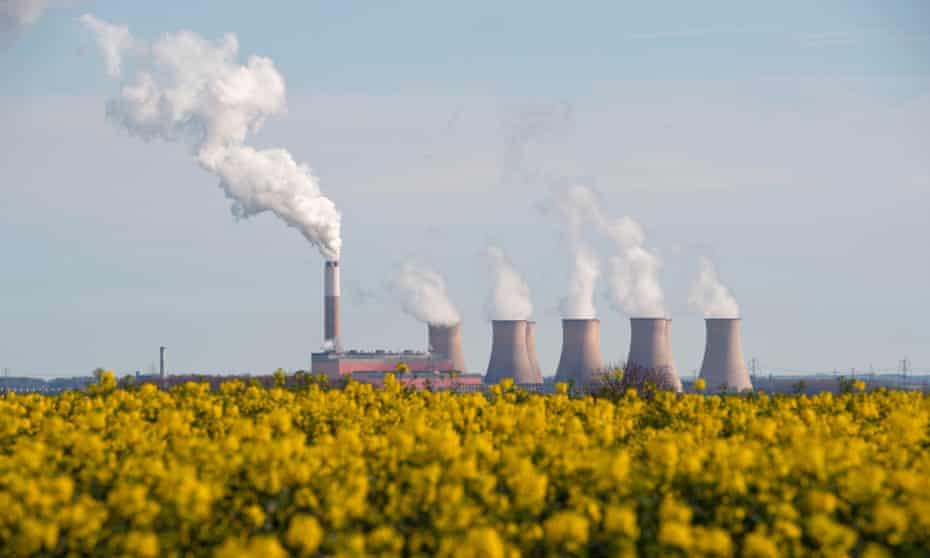How I switched from a career in coal to working in renewables
It’s vital that unions and employers join forces to ensure staff can transfer their skills into low-carbon businesses
Paul Clarke is a former engineer in a coal-fired power station

In the past, industrial change was poorly managed, leading to skilled staff being made redundant, withdrawing from work or drifting into less skilled employment. Anyone who remembers the dole queues after the closure of our country’s coalmines in the 1980s may be rightly wary of promises of a “just transition” for fossil fuel workers as we move into a net-zero future. But, it doesn’t have to be this way, and I’d like to share my story as a testament to what is possible when we come together to properly prepare for the future.
Three years ago, I worked at Cottam, an EDF coal-fired power station in Nottinghamshire, as a professional engineer. I was proud of my job. My skills kept the country’s lights on and kettles boiling. It was more than a career for me, it gave me a sense of purpose.
Then, they announced the closure of the station, I knew I needed to fight to keep working in the energy industry. At the same time as our roles at Cottam were disappearing, there was great uncertainty in the electricity sector with acute skills shortages already evident. So, I joined a group of union representatives to work constructively with EDF to secure the best future for our members and to make sure that our skills, which would be essential to reaching net zero, were not lost.
We worked through the options for everyone. We assessed the options for redeployment to other jobs in EDF, other jobs in the energy sector and other jobs in different parts of the economy. From securing job trials with other employers to running joint union-employer workshops on the skills needed for a career in renewables, we tried every route to secure the best future for staff displaced by change. I secured a role in EDF Renewables’ UK business and discovered that the knowledge gained from a career in a traditional coal station was equally as valuable in a green business.
I have been lucky; my union and employer worked closely together to offer me opportunities. It required hard work and commitment but I have the satisfaction of ensuring that customers have access to reliable, affordable, low-carbon electricity. To secure a just transition for other energy professionals, my personal view is that the government must work with unions and employers to achieve three main goals.
First, everyone in high-carbon industries needs to be engaged in discussions about change and able to positively influence their future. At Cottam we discussed the options fully, leading to the discovery of innovative ways to redeploy individuals. By doing this we fully understood the talents of my colleagues and how they could best use those skills to develop the county’s low-carbon economy. This shows the true value of unions in the modern economy.
Second, we need a better planning process for change so that we can maintain affordable and secure electricity supplies and create incentives for companies and people to move around the energy business. With more certainty about change, individuals can be better prepared to develop their skills and continue to contribute to providing essential electricity supplies.
Third, as we provide market support to encourage the development of renewable energy technology, we should direct some of that support into effective training and development. Skilled people are an essential asset of the UK energy system and we should focus on improving these talents as they are key to delivering a sustainable future.
At Cottam, we learned from the failures of the past and used our knowledge and relationships across industry to protect the future of staff. I hope we’re the first of many.
Paul Clarke is a former engineer in a coal-fired power station
